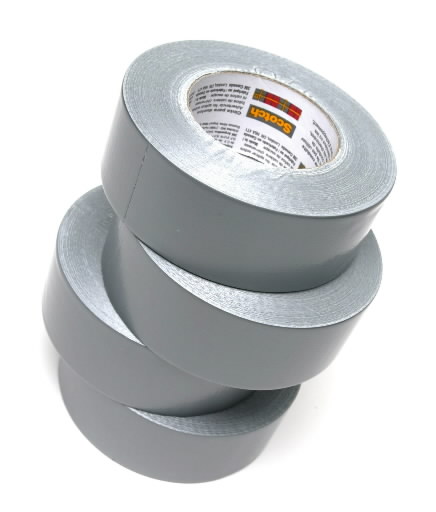 Sometimes the daily life in SEO land is good. This is particularly likely when we have all the tools we need at our disposal, which happens with a website designed with SEO capabilities in mind. I’m not talking about SEO research tools here — I’m talking about the fundamental ability of a website’s CMS to let us apply our SEO skills.
Sometimes the daily life in SEO land is good. This is particularly likely when we have all the tools we need at our disposal, which happens with a website designed with SEO capabilities in mind. I’m not talking about SEO research tools here — I’m talking about the fundamental ability of a website’s CMS to let us apply our SEO skills.
Because while sometimes life in SEO land is good, at other times it’s like trying to hang a picture in a house that’s falling down around you.
Every time I start working with a new SEO client whose site we didn’t design, I never know what I’m going to get. Maybe it’s a perfectly logical and flexible CMS that can do any of the basic tasks we want. Maybe it’s just a static HTML site — nothing but a collection of individual files that must each be manually adjusted. Both of these are fine.
Where things start getting scary is when the site was built in one of the many, many totally crummy CMS out there that was never built with any thought to SEO — and sometimes without any thought whatsoever.
Suddenly we don’t have the ability to create SEO URLs — every URL has to be www.domain.com/content?=6185/ID-path?=651684354352 rather than www.domain.com/sweet-toys. I’ve seen CMS that don’t let you put alt text on images, that don’t allow you to chance font sizes, that won’t allow alignment changes, that doesn’t let you change your meta description tag and that won’t even let you change the title tag (seriously). I recently worked with one that had all of those lovely features. But worst of all is when the CMS won’t let me get to the raw HTML code, where I can often bypass limitations of the CMS itself.
But of course, just because the CMS sucks is no reason not to deliver results. In those cases, I feel like an SEO version of MacGyver. Instead of duct tape and cable ties, I’m constructing elaborate solutions with tiered subcategories and template hacks to trick it into thinking that the meta keywords field is actually the title of the page.
I have to admit, there’s definitely a feeling of satisfaction after conquering a moody CMS and twisting it into doing something the creators never planned. When those sites start climbing in the search engine rankings and the traffic starts to flow, it’s more satisfying than the sites with intelligent CMS that just lets me do what needs doing.
But though more satisfying, it’s also more work and more time is spent to achieve the same results. Instead of optimizing a page or creating new content, I’m struggling with an idiot CMS. And all the time I’m spending trying to get the site to function right is time that the search engine rankings are just sitting where they are.
I suppose the lesson here is that while MacGyver can do some cool stuff with very little, just imagine what he could do with actual tools at his disposal. When deciding whether a website redesign is worthwhile, don’t forget to weigh the very real costs of continuing to patch together a poorly functioning platform.






